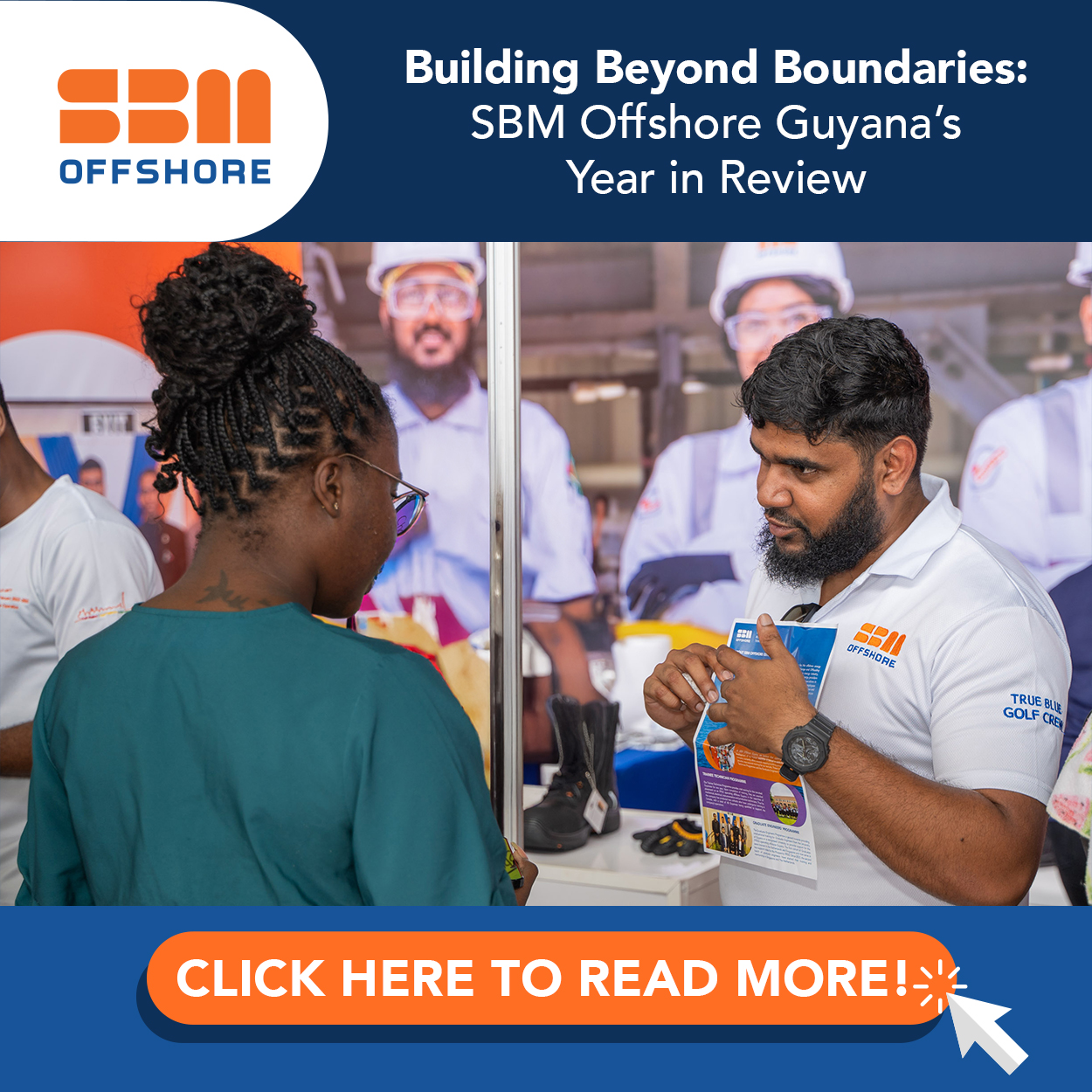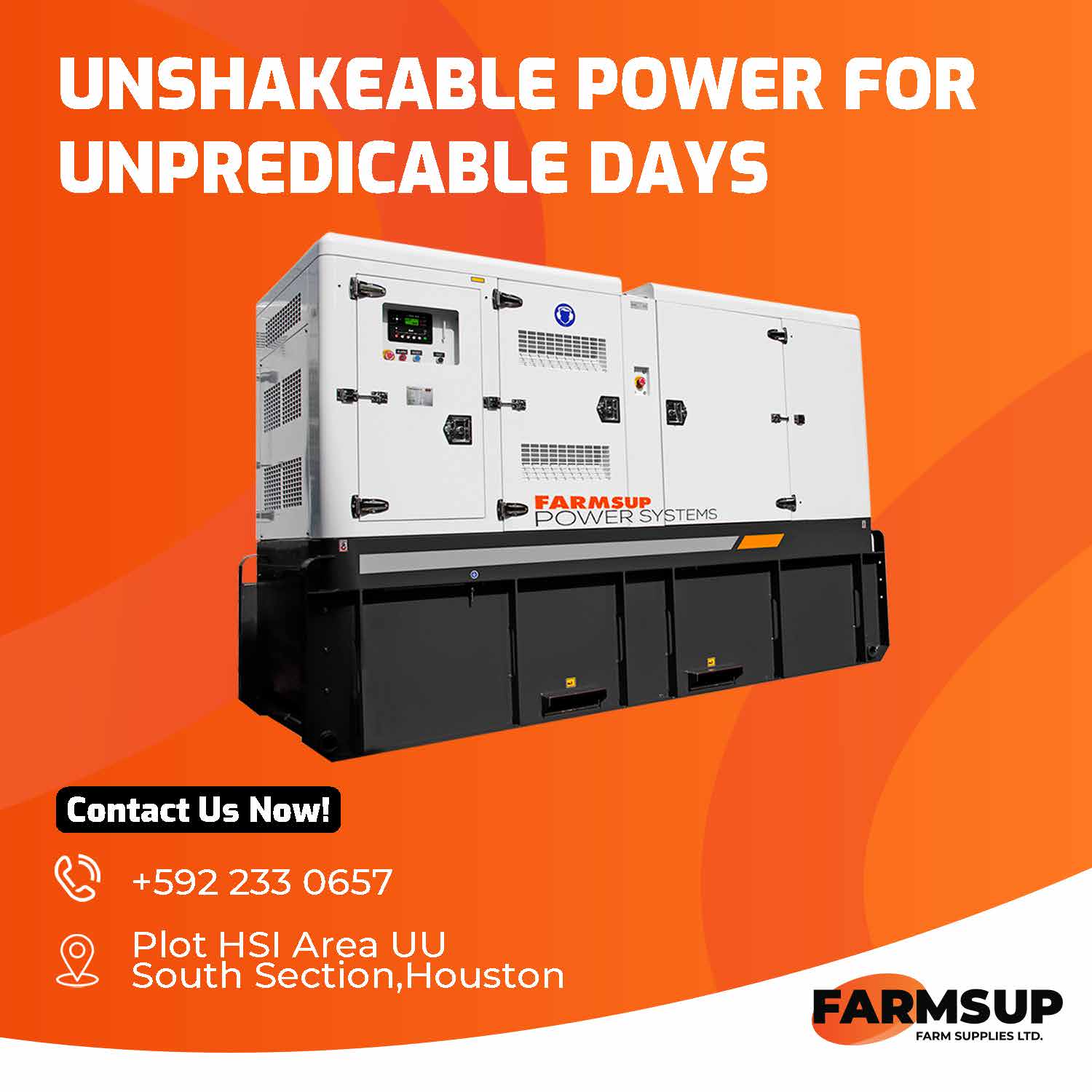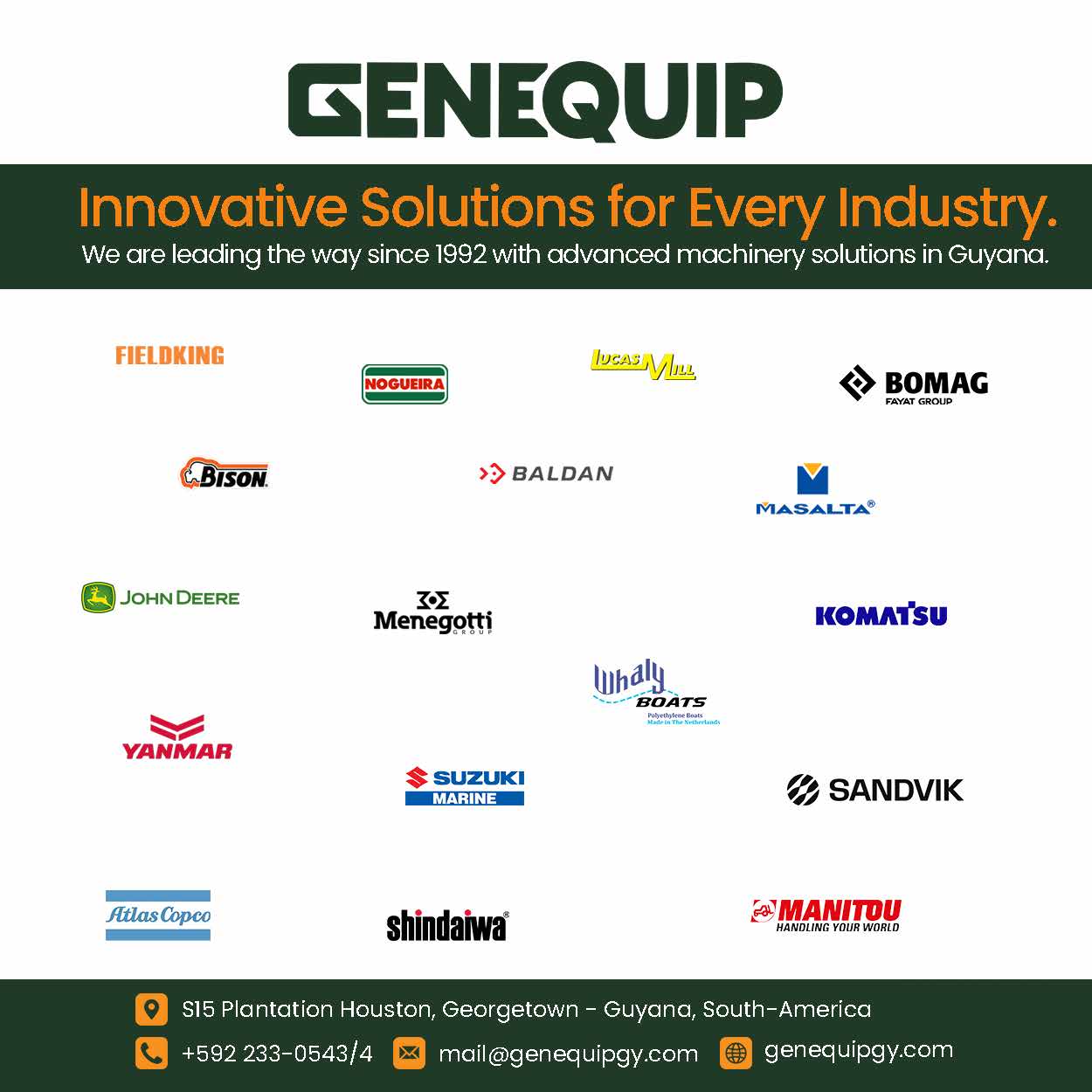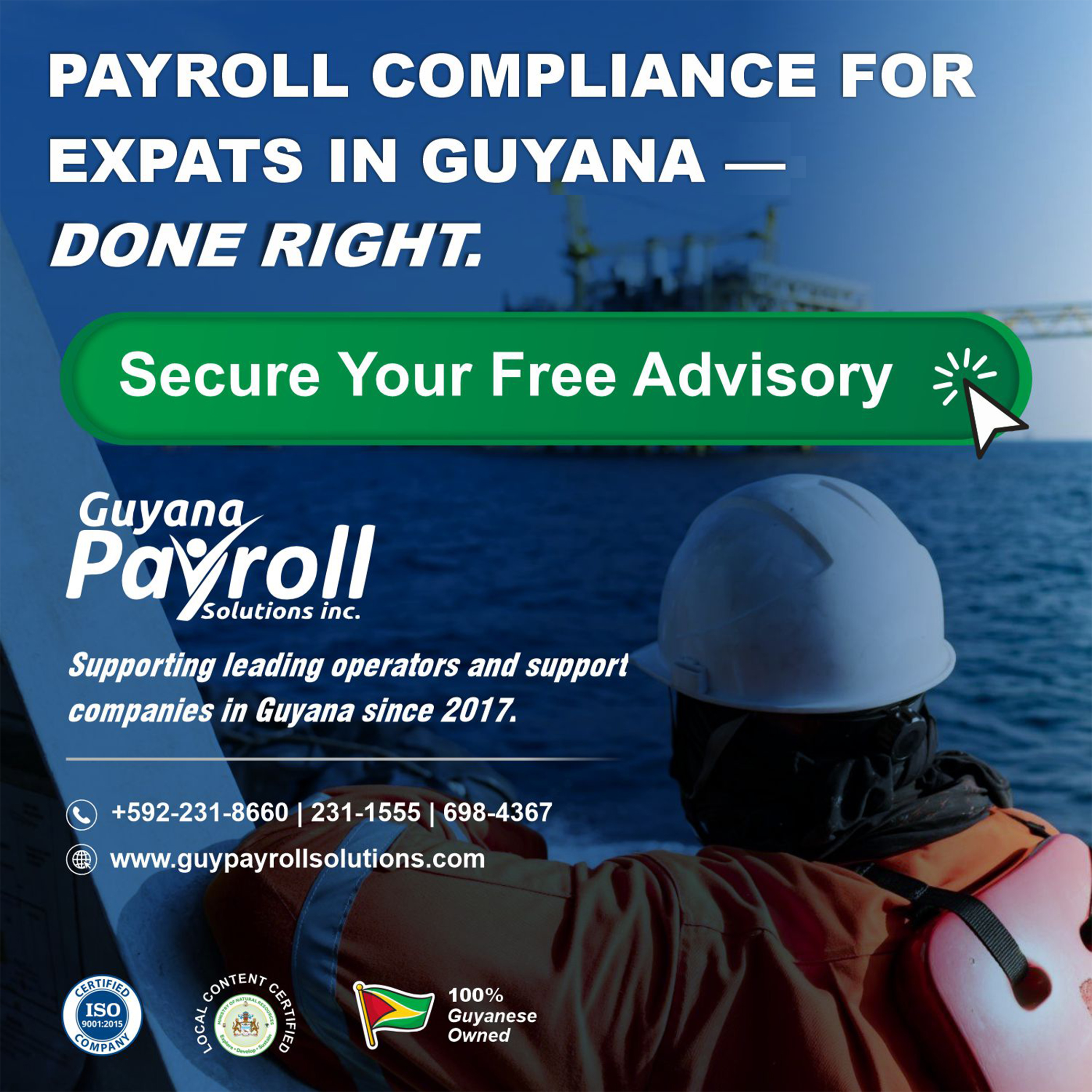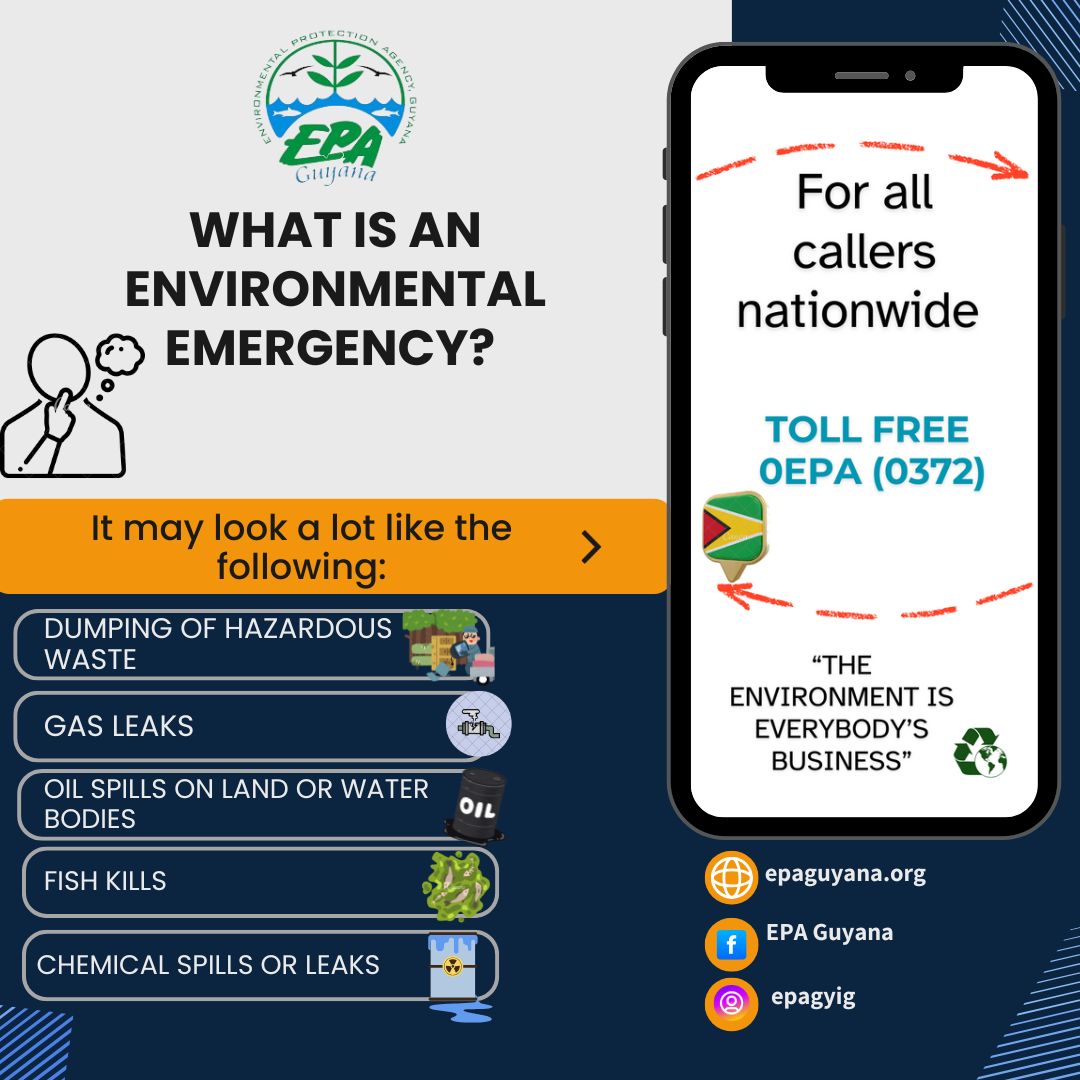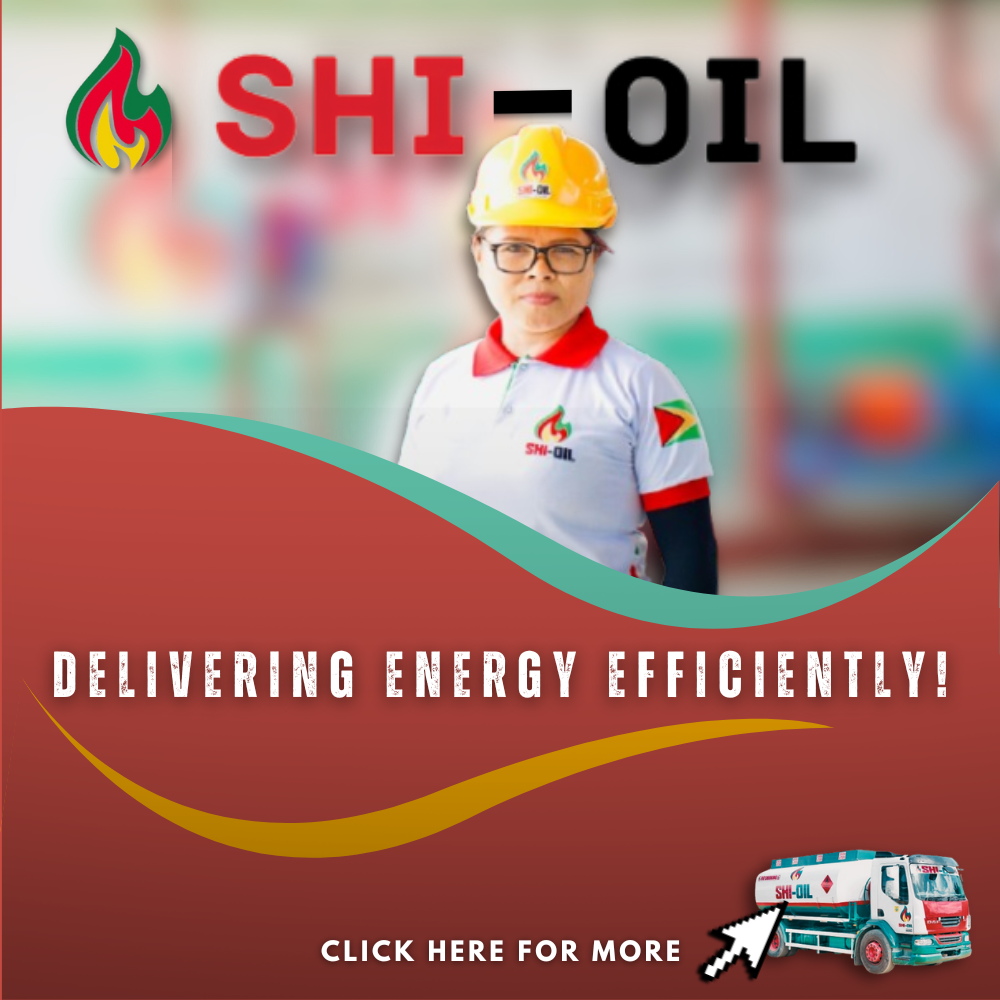Britney Benjamin did not set out to become Guyana’s only female offshore drone pilot. But her curiosity about how things work and her drive to do more paved the way. “My journey of becoming a field technician and a drone pilot was both challenging and rewarding,” she said.
“Growing up, I was always curious about how things worked, especially technology and heavy-duty machines.” After completing secondary school, she enrolled at the Essequibo Technical Institute. “That experience lit a spark,” she recalled. “I realized I could thrive in this space.”
She landed her first job at Farmsup Limited, where she spent five years, rising to become a fuel pump specialist and later a senior in her department. But that was not enough for Britney. She craved new challenges, wanted to expand her skills, and felt a deep desire to move beyond the confines of the workshop and into a role where she could make a broader impact, one that combined her technical expertise with innovation and fieldwork.
“I wanted to be more than just a fuel pump specialist,” she explained. “I wanted to spread my wings. I know I had the potential to do better.”
That drive led her to Axess GLASS Guyana Inc., where she stepped into the oil and gas industry for the first time. “It was extremely difficult for me to make the change at first,” Britney admitted, adding that she nevertheless quickly adapted with the help of the Axess team. She got several training opportunities, including drone pilot training.
At first, she was not excited. But things changed. “The more I got familiarized, the more I found myself wanting to learn more about how the drone works.” Soon, she was hooked. “I became fascinated with the applications, especially in the offshore operations like inspection and environmental Britney Benjamin is Guyana’s only female offshore drone pilot monitoring.”
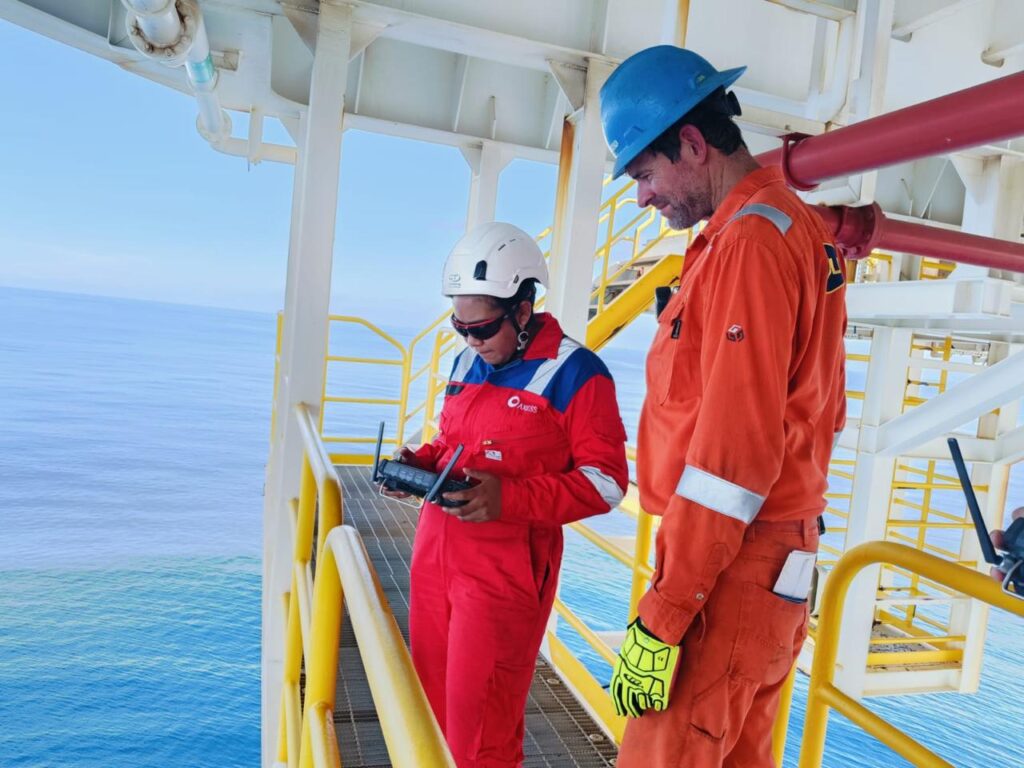
And her interest in drone technology was both practical and personal. “As a field technician, I was already working in environments where safety, precision, and efficiency were critical,” she noted. “I began noticing how drone technology was being used in other countries to inspect offshore platforms and collect environmental data without putting people in risky situations.”
To earn her credentials, she completed a certified drone pilot program. “I started with basic training to understand the principles of flight, weather patterns, airspace regulations, and drone systems,” she said. “I then completed a certified drone pilot program, which included both written exams and practical flight tests.”
In Guyana, this meant meeting the regulations of the Guyana Civil Aviation Authority. “These are becoming increasingly structured as drone use expands across the industry,” she remarked. Benjamin also had to understand the specific needs of the oil and gas sector.
“Whether it’s flare inspection or structure surveys, precision, data integrity, and safety are non-negotiable in those settings.” Breaking into the field as a woman came with unique challenges. “One of the biggest challenges was being taken seriously,” she said. “There’s often an assumption that women don’t belong in the field or that we are only there for administrative or support roles. “I had to constantly prove that I not only had the skills, but also the grit to work in a high-pressure, physically demanding environment.”
There were moments she doubted her place. “Sometimes the doubts didn’t even come from others; they came from within,” she said. “I’d ask myself, ‘What if I mess up? What if I’m not good enough?” What helped her push through was purpose. “I wasn’t just doing it for me but for my family as well. Growing up wasn’t always easy. My parents had to work hard to make ends meet. I learned that doubt is normal, but giving up isn’t an option when your vision is bigger than your fear.”
Her support system played a significant role. “Yes, my family. My parents, sisters, and my best friend were always there for me,” she said. “Anytime I felt like giving up, they would advise me to keep going.” Today, her workdays offshore blend rigorous planning and technical precision.
“A typical day Offshore Drone Pilot Britney Benjamin for me offshore usually starts early, often before sunrise,” she explained. “We begin with a safety briefing and a toolbox talk with the team, going over the day’s objectives and any potential risks. As a field technician, I might be involved in inspection, maintenance, or installation.” When there are scheduled drone operations, the work becomes even more focused.
“I first conduct a risk assessment and flight session, checking the wind speeds, verifying airspace clearance, and reviewing the structure or area we are surveying.” She combines self-study with reflection to stay ahead in the fast-evolving field of drone technology.
“I regularly keep myself updated with research and self-operation training,” she said. “After every job, I review what went well and what could be improved.” Benjamin hopes her journey will open minds and doors. “I hope my story shows young women in Guyana and beyond that they belong in spaces where they have traditionally been told they don’t,” she said.
“Whether it’s offshore, in a lab, behind a drone controller, or leading a tech project, I want them to see that their gender should never limit their ambition.” “Choosing a STEM or non-traditional path might not be easy, but it’s worth it,” she added. “There is strength in being the first. But there’s even more power in making sure you’re not the last.”
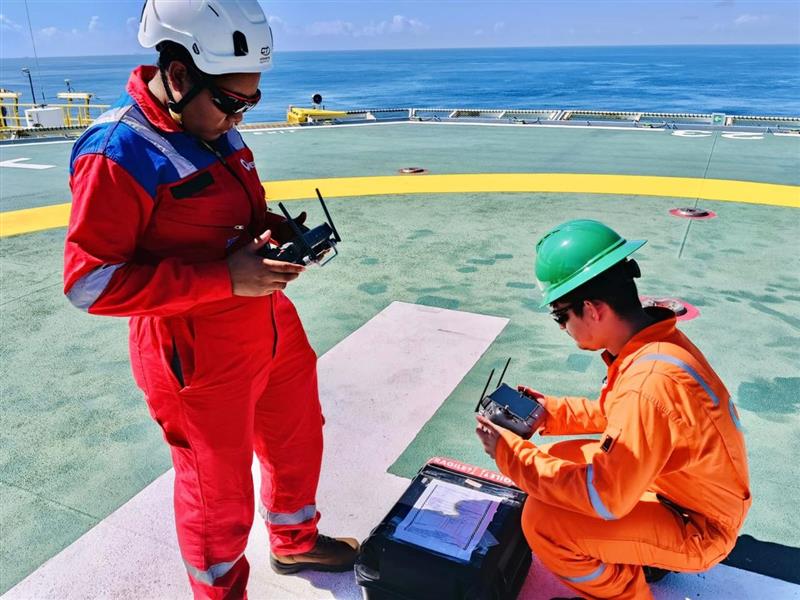
Looking ahead, she has big goals. “I definitely see myself continuing to advance in drone operations. I want to deepen my specialization in advanced drone technologies,” she said. She also wants to mentor others. “Mentorship is a huge goal of mine,” she said.
“I want to create more structured pathways for young women and students of Guyana to explore STEM [Science, Technology, Engineering, and Mathematics].” “I know how important visibility and guidance are when you’re trying to enter a field where no one looks like you,” she added. “We have so much untapped potential and I want to be part of shaping that future.

